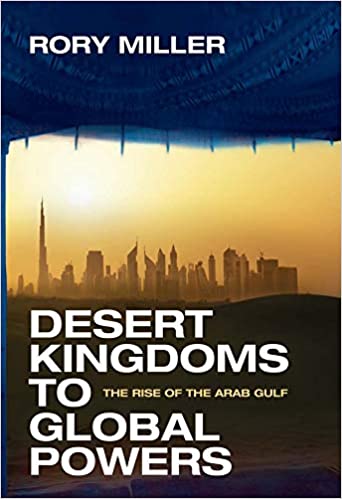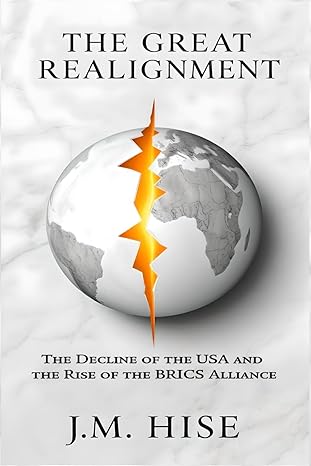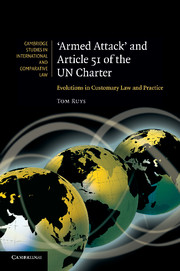Once just sleepy desert sheikdoms, the Arab Gulf states of Saudi Arabia, Oman, the United Arab Emirates, Qatar, Bahrain, and Kuwait now exert unprecedented influence on international affairs—the result of their almost unimaginable riches in oil and gas. In this book, Rory Miller, an expert in Gulf politics and international affairs, provides an accessible account of the achievements of these countries since the 1973 global oil crisis. He also investigates how the shrewd Arab Gulf rulers who have overcome crisis after crisis meet the external and internal challenges of the onrushing future.
The Arab Gulf region has become an East–West hub for travel, tourism, sport, culture, trade, and finance. But can the autocratic regimes maintain stability at home and influence abroad as they deal with the demands of social and democratic reform? Miller considers an array of factors—Islamism, terrorism, the Arab Spring, volatile oil prices, global power dynamics, and others—to assess the future possibilities.
چکیده فارسی
که زمانی شیخنشینهای بیابانی خوابآلود، کشورهای عربی خلیجفارس عربستان سعودی، عمان، امارات متحده عربی، قطر، بحرین و کویت اکنون تأثیر بیسابقهای بر امور بینالمللی دارند - نتیجه ثروت تقریباً غیرقابل تصور آنها در نفت و گاز. در این کتاب، روری میلر، کارشناس سیاست خلیج فارس و امور بینالملل، گزارشی در دسترس از دستاوردهای این کشورها از زمان بحران جهانی نفت در سال 1973 ارائه میکند. او همچنین بررسی می کند که چگونه حاکمان زیرک عرب خلیج فارس که بر بحران پس از بحران غلبه کرده اند، با چالش های بیرونی و داخلی آینده روبه رو می شوند.
منطقه خلیج عربی به یک مرکز شرق و غرب برای سفر، گردشگری، ورزش، فرهنگ، تجارت و مالی تبدیل شده است. اما آیا رژیمهای استبدادی میتوانند ثبات خود را در داخل حفظ کنند و در خارج از کشور نفوذ کنند، زیرا با خواستههای اصلاحات اجتماعی و دموکراتیک مقابله میکنند؟ میلر مجموعه ای از عوامل را در نظر می گیرد - اسلام گرایی، تروریسم، بهار عربی، قیمت های بی ثبات نفت، پویایی قدرت جهانی و موارد دیگر- برای ارزیابی احتمالات آینده.
ادامه ...
بستن ...
- ISBN-10 : 0300192347
- ISBN-13 : 978-0300192346
ادامه ...
بستن ...










